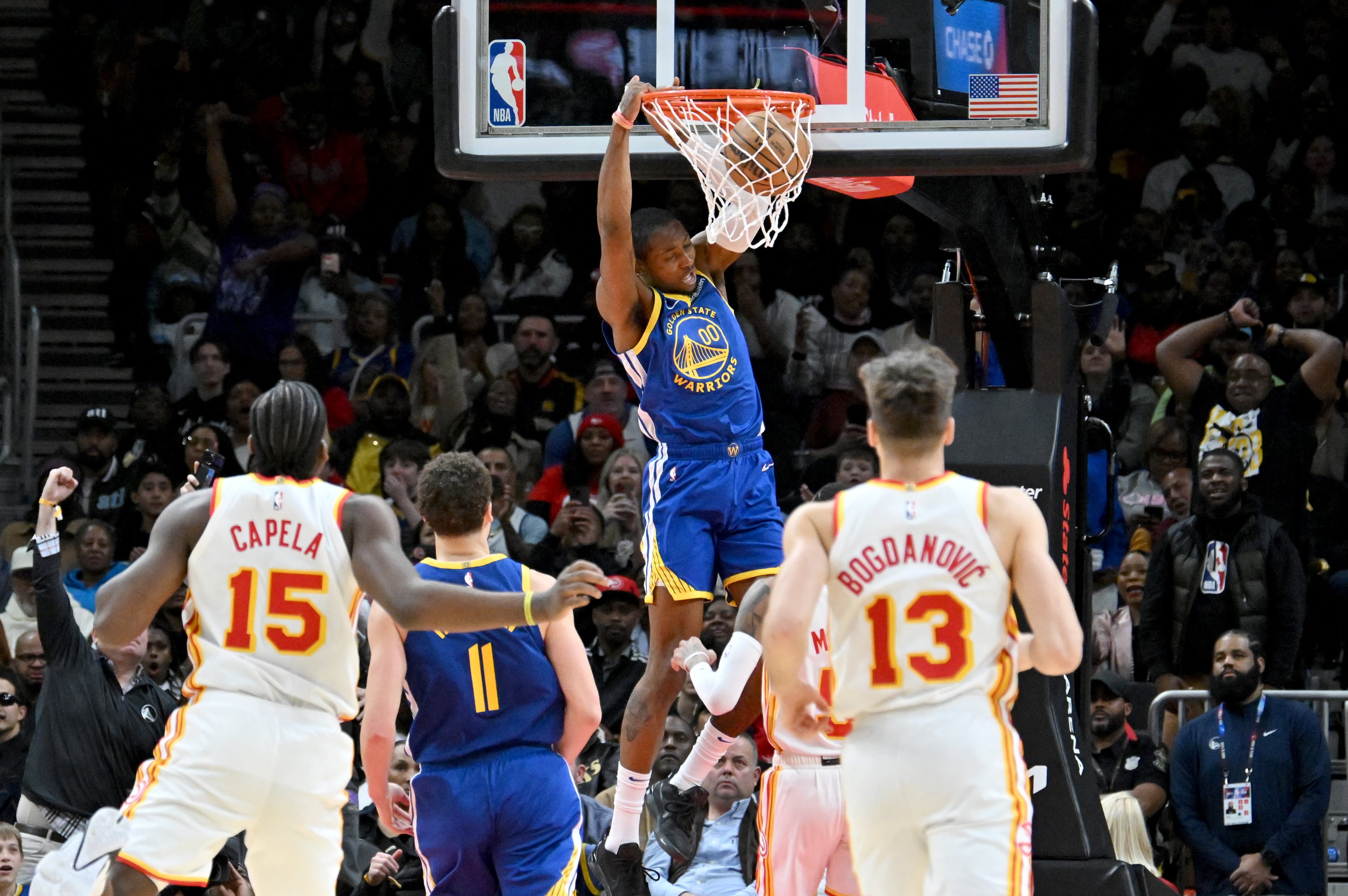Five reasons for optimism about Hawks next season
While the Hawks ponder their recent second-round exit from the NBA playoffs, there is much to be optimistic about when they lace it up again. Consider the following:
Jeff Teague and Kirk Hinrich are back (even if Jamal Crawford isn’t)
Crawford, Atlanta’s top bench scorer for the past seasons, can walk as a free agent this summer. The emergence of Hinrich and Teague could soften the blow.
Hinrich was Atlanta’s best perimeter defender and most efficient scorer in the first round of the playoffs. When Hinrich went down with a hamstring injury, Teague replaced him in the starting lineup and was as good, if not better.
There’s reason to believe both Teague and Hinrich can be better next season. Teague will be just 23 and should learn through playing more important minutes; Hinrich was getting comfortable with his new teammates after arriving in a February trade when he got hurt.
Losing Crawford would rob the Hawks of some scoring punch. But playing Teague more minutes, especially in combination with Hinrich, would improve the defense.
Needs can be had for cheap
NBA teams tend to overvalue scorers. Fortunately for the Hawks, they still should have plenty of that even without Crawford.
What they lack is offensive diversity, rebounding and, as guard Joe Johnson noted, players who are scrappers instead of scorers.
“Blue-collar guys, guys who do a lot of dirty work and do a lot of things that don’t show up in the stat book, those are the kind of guys that can help us out,” Johnson said.
Those kind of players usually contribute to rebounding, defense and overall toughness. They also tend to be low-priced role players, and the Hawks should be able to sign one or more, even considering their lack of flexibility under the current labor rules.
The Hawks also need players who realize scoring doesn’t have to mean shooting jump shots. This season they ranked last in the league in points scored at the basket and next to last in free-throw attempts.
After fruitlessly prodding his players all season to attack the basket, Hawks coach Larry Drew acknowledged that changing that tendency might mean adding new personnel.
“You can’t be afraid; you can’t be intimidated,” Drew said. “You have to go in there with authority.”
Drew won’t be a rookie
Drew, a longtime assistant coach, got his first head coaching job and guided the Hawks to their best postseason result in 15 years. The Hawks played consistent, energized defense and Drew’s tactical decisions, especially his defensive schemes against Orlando, worked more times than not.
But the playoffs also highlighted some of Drew’s puzzling season-long tendencies.
Teague languished as a a part-time rotation player and got his chance only when Hinrich was injured. Zaza Pachulia’s minutes fluctuated during the season even though he clearly was the best reserve big man and provided the physical style Drew wanted; Pachulia played a vital role in the postseason.
Drew’s conservative management of foul trouble for center Al Horford backfired in Game 2 of the Orlando series. The coach’s efforts to convince Johnson to move the ball instead of dominate it and limit forward Josh Smith’s low-percentage shots did not consistently bear fruit.
Drew was a Hawks assistant for the previous seasons but acknowledged he “saw a different side” of his players as head coach.
“I learned even more things about them,” he said. “I will take that and look at it, and I will analyze it and go from there.”
New labor rules might favor them
The lack of progress in labor talks suggests it’s unlikely the league’s owners and players will agree to a new deal before the current one expires on June 30. At that point the owners would lock out the players.
If the lockout were to drag into the season, canceling games, it would be bad news for the league’s players and fans. But the owners would welcome a system that included major financial concessions -- their latest proposal reportedly included a hard salary cap and severe reductions in salary guarantees.
A system that included less guaranteed salary would make it more palatable for money-losing teams such as the Hawks to release high-paid, underperforming players. The hard cap also would suppress player salaries, theoretically creating a market of good players available relatively cheaply.
Both developments would benefit the Hawks but the players obviously oppose them. Players union chief Billy Hunter called the owners’ proposals “onerous” because it would eliminate exceptions to the salary cap and reduce salaries for most players.
Experience is their best teacher
Part of the reason general manager Rick Sund didn’t make major changes to the roster last summer was he felt the key players on the team still had room to grow. After a ragged regular season, the Hawks finally showed signs of maturity in the postseason.
They sputtered at the end of the season but “flipped the switch” for the playoffs, which they insisted they would. The Hawks seized control of the Orlando series with a road victory in Game 1, and did the same by winning the opener at Chicago.
The Hawks had chances to win Games 2 and 5 at Chicago. They faltered because they couldn’t execute at key moments against a deep, rugged opponent, not because they gave in similar to past postseasons.
“We were right there,” Drew said. “We were very close. We just couldn’t get over the hump. If we get in that situation [again], because we have experienced it now, I think there could be some different results.”



